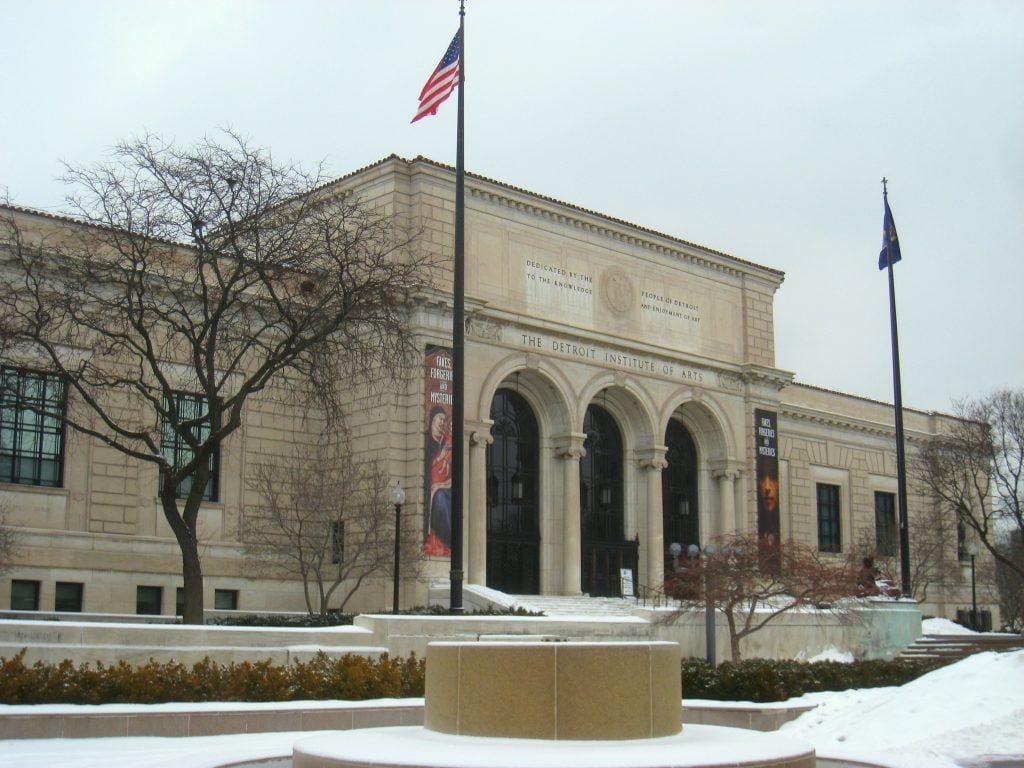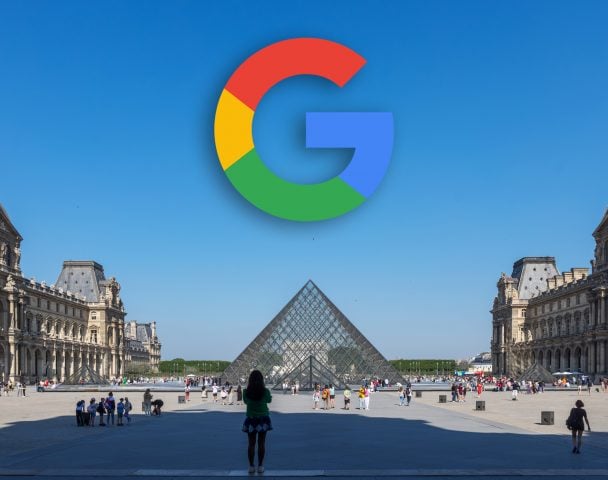Employees at the Detroit Institute of Arts who filed a whistleblower complaint last month with the Michigan attorney general and the IRS accusing the museum’s director of ethics violations have now expanded their claim to include its board chairman, Eugene Gargaro.
The complaint alleges that DIA director Salvador Salort-Pons installed two paintings owned by his wife and father-in-law’s family trust at the museum—which could increase their market value—without properly disclosing the potential conflicts of interest.
Salort-Pons maintains that he acted appropriately, writing in an email to staff earlier this month that “all policies were followed correctly, including our Professional Practices Guidelines and Collection Management Policy.” He added that the museum would nevertheless hire a law firm to investigate its loan processes.
“The DIA has hired a nationally-respected law firm, with no prior relationship to the museum, to conduct an independent review of our policies that govern our art loan processes and related conservation services. This will ensure all best governance practices will continue to be followed,” a representative for the museum told Artnet News.
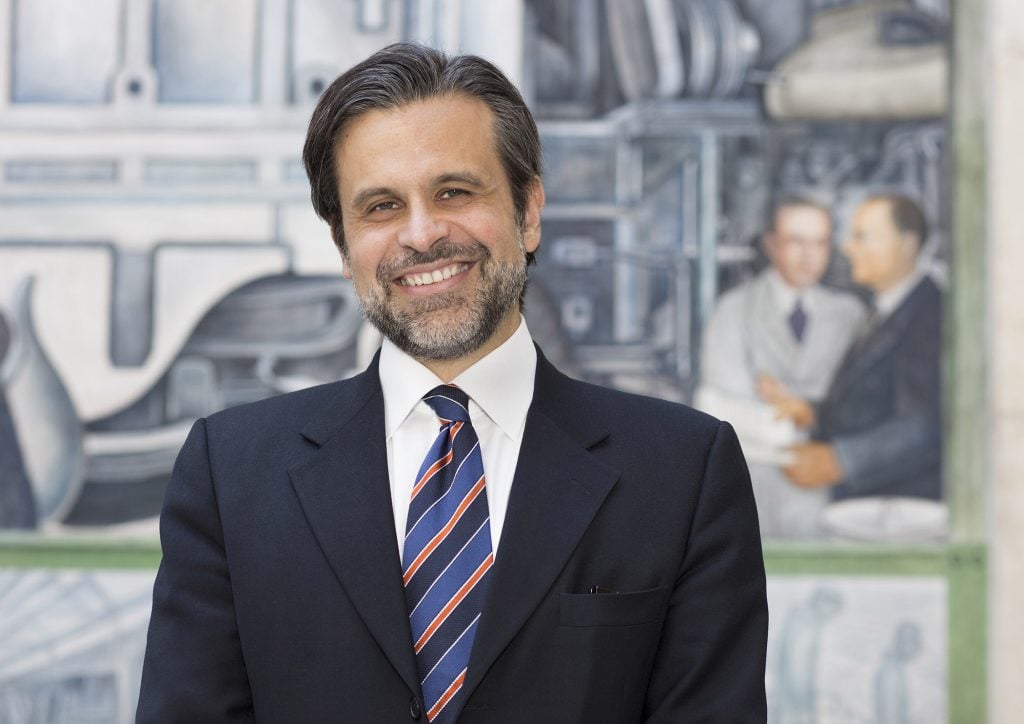
Salvador Salort-Pons.
Gargaro, the board chair, told the New York Times last week that Salort-Pons followed protocol in his request for the loans of El Greco’s St. Francis Receiving the Stigmata (valued at $5 million) and a painting attributed to the circle of Nicolas Poussin, An Allegory of Autumn (valued at $500,000).
Gargaro said that both Salort-Pons and his father-in-law, Alan May, disclosed their plans for the loan to him and he approved it. “If it’s disclosed to me, then it’s disclosed to the whole board,” Gargaro told the Times.
That statement is part of what prompted the updated complaint, which was filed yesterday by the legal nonprofit Whistleblower Aid. “We vigorously dispute their characterization of having followed the policies,” John Tye, the organization’s founder, told Artnet News. “We believed the initial disclosure was likely evidence of an ethics violation; now we feel we have enough to conclusively argue that there were violations.”
According to Whistleblower Aid’s lawyers, the museum’s guidelines stipulate that Salvador-Pons had a duty to provide a professional practices committee with “a statement disclosing his/her personal, business, or organizational interests and affiliations and those of members of his/her family.” As of now, there is no evidence that this process ever took place, the report says.
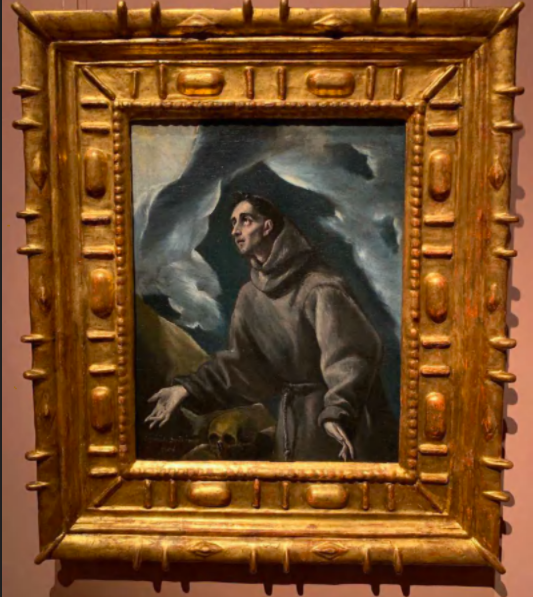
El Greco, St. Francis Receiving the Stigmata (ca. 1580-86).
Informing the board chair alone does not constitute a proper disclosure, particularly when, as the updated complaint alleges, the board chair had his own conflict of interest regarding the loans. Citing “new anonymous and vetted sources within DIA,” the complaint alleges that “Gargaro had been a personal friend of the lender Alan May for years before the El Greco display. Yet despite this possible conflict of interest, Gargaro nevertheless failed to disclose his personal relationship to the May Family Trust in accordance with written, binding DIA policies.”
Gargaro did not respond to a request for comment from Artnet News.
Tye, of Whistleblower Aid, has sent the updated report to other members of the museum’s board and to the Association of Art Museum Directors, the professional organization that oversees the ethics and standards for its members, which include most major public art museums in the US.
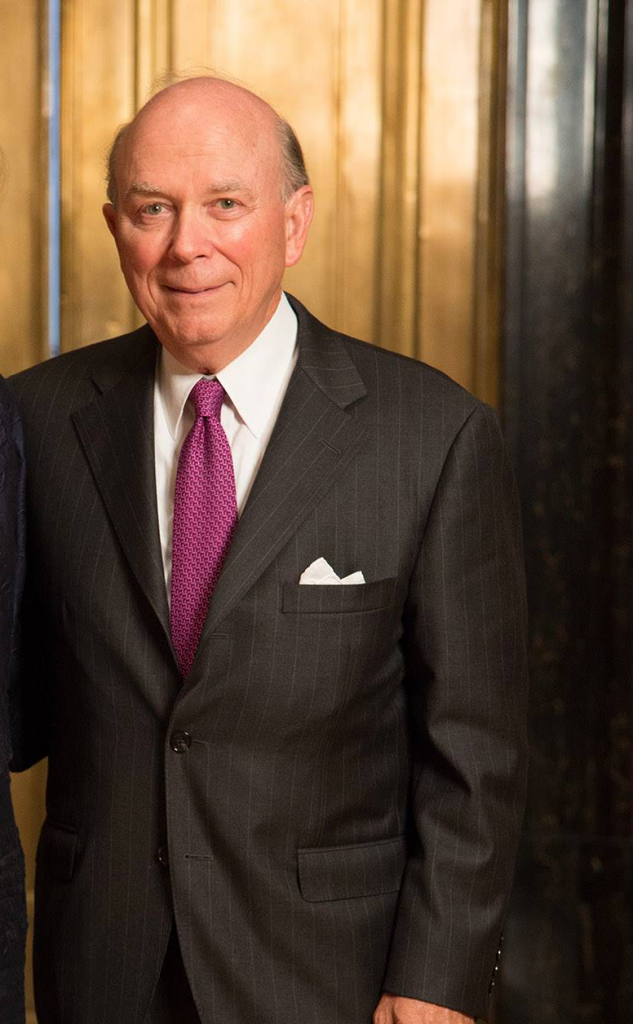
Eugene Gargaro, Jr., at a ceremony where DIA presented Lifetime Service Awards. Courtesy of DIA Facebook.
A spokesperson for the association confirmed that it “has received and is reviewing the materials,” but declined to comment further.
The association’s code of ethics states: “It is unprofessional for a museum director to use his or her influence or position for personal gain… AAMD members who violate this code of ethics will be subject to discipline by reprimand, suspension, or expulsion from the Association. Infractions by any art museum may expose that institution to sanctions, such as suspension of loans and shared exhibitions by AAMD members.”
The news of the expanded whistleblower report comes amid growing staff turmoil at the museum. In interviews with Artnet News, six current and former employees accused leadership of mismanagement, racial insensitivity, and nepotism. Now, an anonymous group calling itself DIA Staff Action is putting forth a growing list of demands to repair the “well-reported hostile and chaotic work culture” at the museum. Chief among these demands is the removal of Salort-Pons from his role as director and CEO of the museum, by August 31.
“The full demands will be released in the following days,” the group says.
